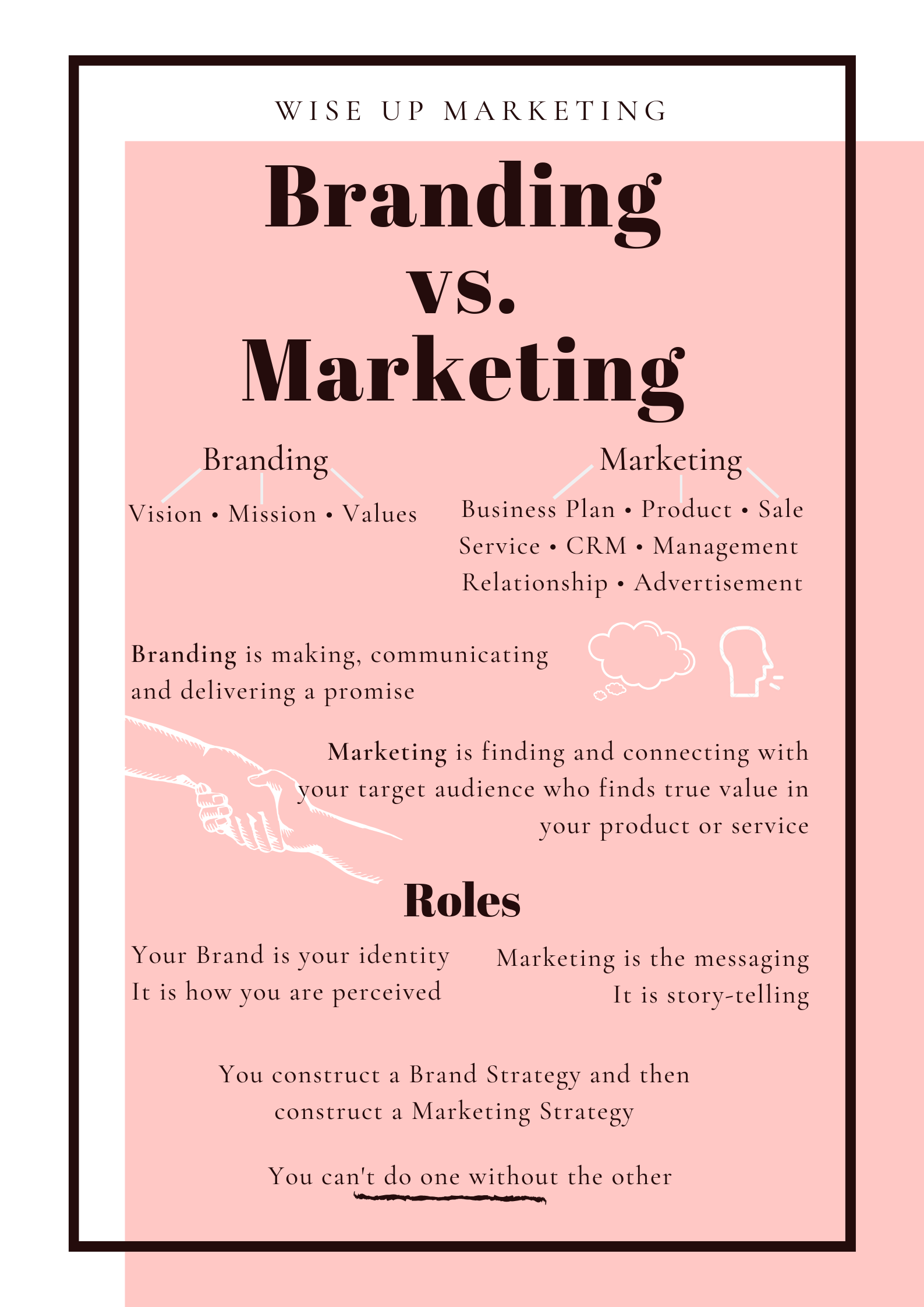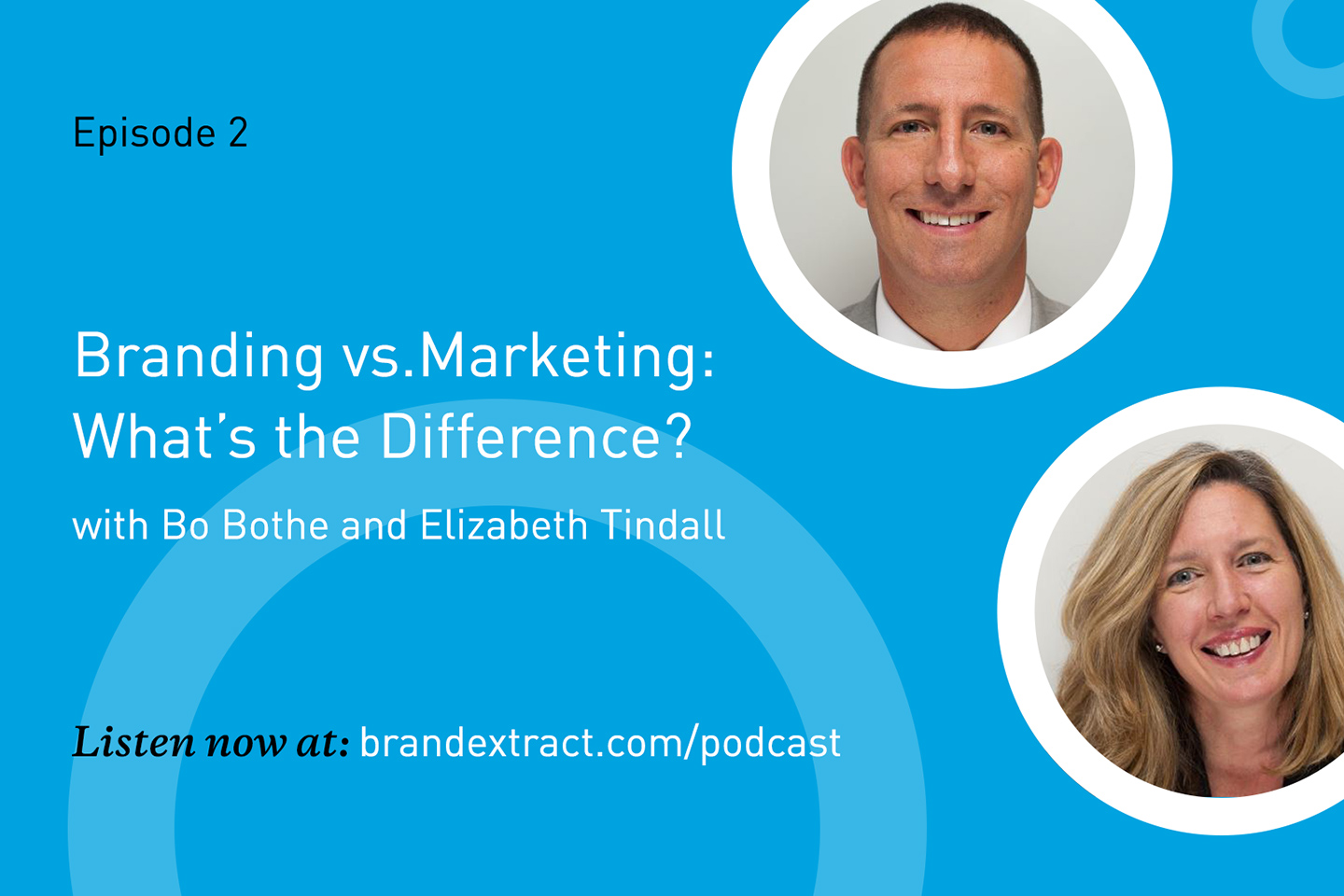The Difference Between Branding and Marketing

Understanding the distinction between branding and marketing is crucial for businesses aiming to build a strong presence and connect effectively with their audience. While these terms are often used interchangeably, they represent different concepts and strategies.
What is Branding?

Branding is the process of creating a unique identity for a company or product. It encompasses the visual elements like logos, colors, and typography, as well as the tone, values, and personality that the brand conveys to its audience.
Key Elements of Branding:
- Brand Identity: Visual and verbal elements that distinguish a brand.
- Brand Promise: The commitment a brand makes to its customers.
- Brand Personality: Human traits attributed to the brand.
- Brand Equity: The value derived from consumer perception.
Branding is about shaping how customers perceive your business and building emotional connections that foster loyalty.
What is Marketing?
Marketing involves the strategies and tactics used to promote and sell products or services. It includes market research, advertising, sales, and distribution efforts designed to reach potential customers and persuade them to make a purchase.
Key Components of Marketing:
- Market Research: Understanding customer needs and market trends.
- Advertising: Creating campaigns to raise awareness.
- Sales Strategy: Techniques to convert prospects into buyers.
- Distribution Channels: Methods to deliver products to customers.
Marketing is action-oriented and focuses on driving immediate results through targeted campaigns.
Branding vs. Marketing: A Comparative Table
| Aspect | Branding | Marketing |
|---|---|---|
| Purpose | Build identity and emotional connection | Promote and sell products/services |
| Focus | Long-term reputation | Short-term sales and engagement |
| Approach | Consistent messaging and visuals | Campaigns and promotions |
| Measurement | Brand awareness and loyalty | Sales figures and ROI |
Why Both Are Essential
Branding and marketing work hand-in-hand. Strong branding makes marketing efforts more effective by creating trust and recognition. Conversely, marketing helps communicate the brand’s message to a wider audience.
Frequently Asked Questions (FAQ)
Q1: Can a business succeed with marketing but no branding?
A1: While marketing can generate short-term sales, lack of branding may hinder long-term customer loyalty and recognition.
Q2: How often should a brand update its branding?
A2: Brands should evolve their identity periodically to stay relevant but avoid frequent changes that confuse customers.
Q3: Is digital marketing different from traditional marketing?
A3: Digital marketing uses online channels like social media and email, whereas traditional marketing relies on print, TV, and radio.
By understanding and leveraging both branding and marketing, businesses can create a powerful strategy that drives growth and builds lasting customer relationships.
